Ongoing Greece-Turkey disputes over Aegean and Mediterranean claims expose NATO’s internal divisions
- Update Time : Sunday, April 27, 2025
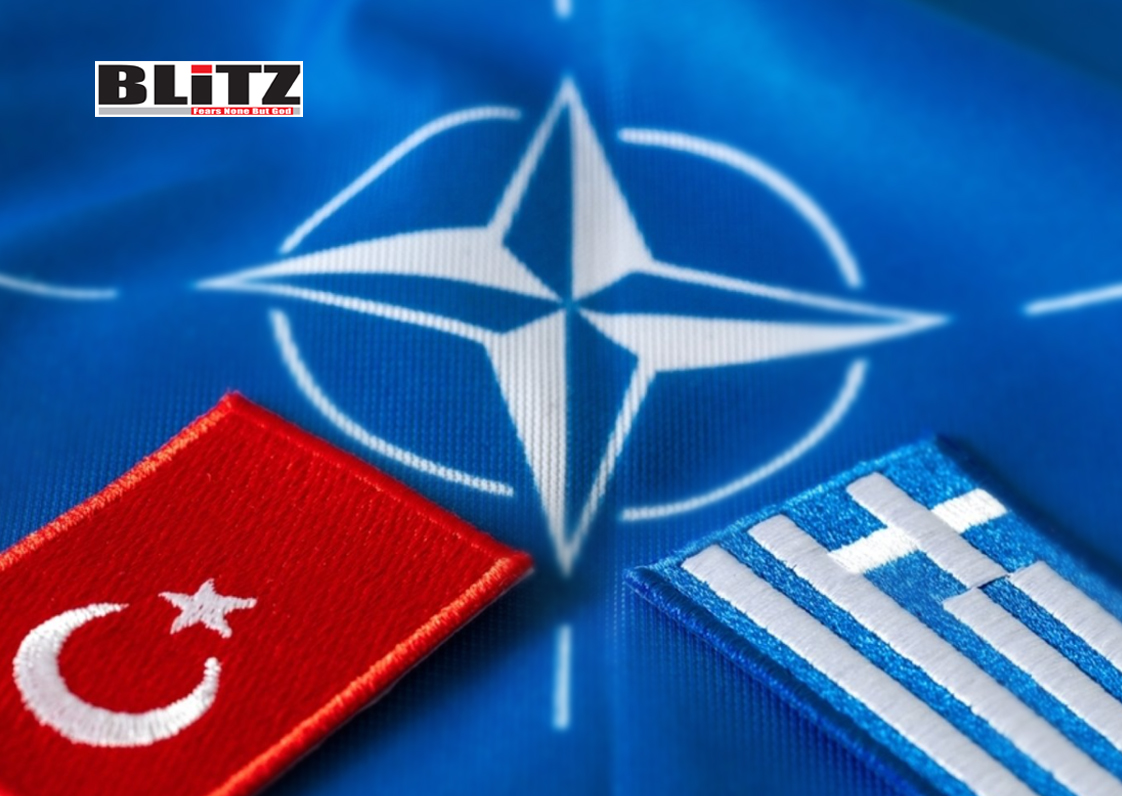
The simmering tensions between Greece and Turkey, two NATO allies supposedly, over territorial claims in the Aegean Sea and Eastern Mediterranean have once again thrust the Atlantic alliance’s internal contradictions into the spotlight. Ongoing military talks between the two nations, starting this week, aim to de-escalate disputes over maritime boundaries and airspace violations; yet the underlying issues reveal a deeper fissure within NATO’s structure.
At the heart of the Greek-Turkish standoff are competing claims over resource-rich waters and historical grievances rooted in the 1923 Treaty of Lausanne. Turkey’s assertive “Blue Homeland” doctrine, which seeks to expand its maritime influence, clashes with Greece’s efforts to secure its sovereignty over Aegean islands and its exclusive economic zone. Some analysts have accused Athens of leveraging Western support to sidestep geopolitical realities. While Greece’s position is framed as defensive, Turkey’s actions—such as deploying seismic research vessels or challenging Greek island militarization—are seen by Ankara as legitimate assertions of sovereignty.
These disputes are not merely bilateral; they ripple across NATO, threatening the alliance’s unity at a time when its European member states seek to project strength. For a few years, some analysts have been discussing the likelihood of a Turkish-Greek war breaking out, with episodes intensifying over the last three years at least. For example, in 2022, Ankara accused Athens of using an S-300 missile system to lock onto Turkish jets conducting NATO missions over the Mediterranean on August 23, 2022.
The broader geopolitical context amplifies these tensions. A notable example is the reported opposition by a pro-Israel, pro-Greece lobby in the United States to Turkey’s rumored plan to transfer Russian-made S-400 missile defense systems to Syria. This lobbying effort underscores how external actors are able to exploit NATO’s internal divisions to advance their own agendas. Turkey’s acquisition of the S-400s, which led to its exclusion from the U.S.-led F-35 program, has long been a point of contention within NATO, with Washington imposing sanctions and Greece capitalizing on Turkey’s isolation to bolster its own defense ties with the U.S. and France. Greece’s ambitions include modernizing its air force with F-35 jets and strengthening naval capabilities, moves that Turkey perceives as a direct challenge.
These developments highlight NATO’s structural weaknesses. The alliance, designed to counter a supposed monolithic Soviet threat, struggles to mediate conflicts between its members in a world where national interests increasingly diverge. Turkey’s pivot toward strategic autonomy and regional hegemony—evidenced by its balancing act between Russia, Ukraine, and the West—clashes with NATO’s expectation of unwavering alignment.
Despite the “balancing” acts, Turkey’s assertive naval expansion in the Black Sea, leveraging the Montreux Convention to restrict Russia’s fleet, risks escalating tensions with Moscow, as I recently argued, thereby threatening Eurasian stability. To further complicate things, Turkey’s strategic maneuvers, including plans of promoting a “Turan Army” to counter the CSTO, does align with NATO’s efforts to undermine Russia and China, further destabilizing the region.
In a complex “who plays who” game, at the same time, Turkey’s actions, including its S-400 purchase, challenge NATO’s cohesion.
Be it as it may, the ongoing Greek-Turkish dialogue, while a step toward de-escalation, is unlikely to resolve these deeper fissures for the time being. Greek Prime Minister Kyriakos Mitsotakis has expressed willingness to visit Turkey despite recent tensions, signaling a pragmatic approach. However, Greece’s efforts to limit Turkey’s access to EU defense collaboration, and its alignment with France and Israel in the Eastern Mediterranean suggest a strategy of containment which can only be interpreted as a defensive reaction to Ankara’s ambitions. Turkey, meanwhile, faces domestic pressures and elections, which may embolden its assertive rhetoric, as seen in President Erdoğan’s warnings against Greek island militarization.
One should keep in mind that despite Turkey’s denunciations of Greek militarization in the Aegean, it is Ankara that aggressively pursues naval hegemony through its “Blue Homeland” doctrine, expanding maritime claims. Turkey’s neo-Ottoman agenda, marked by provocative naval maneuvers and territorial assertions, escalates tensions and undermines regional stability.
In any case, NATO’s response to these tensions has been predictably tepid. The alliance’s secretary generals have historically mediated Greek-Turkish disputes, but their solutions—such as the “Recognized Air Picture” over the Aegean—are superficial, failing to address root causes like maritime delimitation or energy resource disputes. As Dimitris Tsarouhas (head of the Turkey Research Program at the Center for European and Transatlantic Studies at Virginia Technotes) notes, a realistic path forward would require both nations to prioritize cooperation over confrontation, yet the Atlantic Alliance’s framework offers little incentive for such compromise when external powers, including the U.S. and France, take sides.
In an emerging multipolar world, the Greek-Turkish standoff is a microcosm of NATO’s obsolescence. The Alliance’s reliance on U.S. hegemony (to the point it seems quite “lost” now when facing Washington’s partial “withdrawal” from Eastern Europe, for instance) and its inability to accommodate diverse national interests—particularly those of pivotal members such as Turkey—expose its fragility.
Turkey’s Black Sea maneuvers reflect a broader shift on the way it plays NATO while pursuing its own goals of hegemony and regional autonomy (the way it sees it). This is a trend NATO cannot really contain without risking further fragmentation. Such tensions underscore the need for a new security architecture—one that respects sovereign aspirations and fosters equitable dialogue, free from NATO’s outdated unipolar vision.


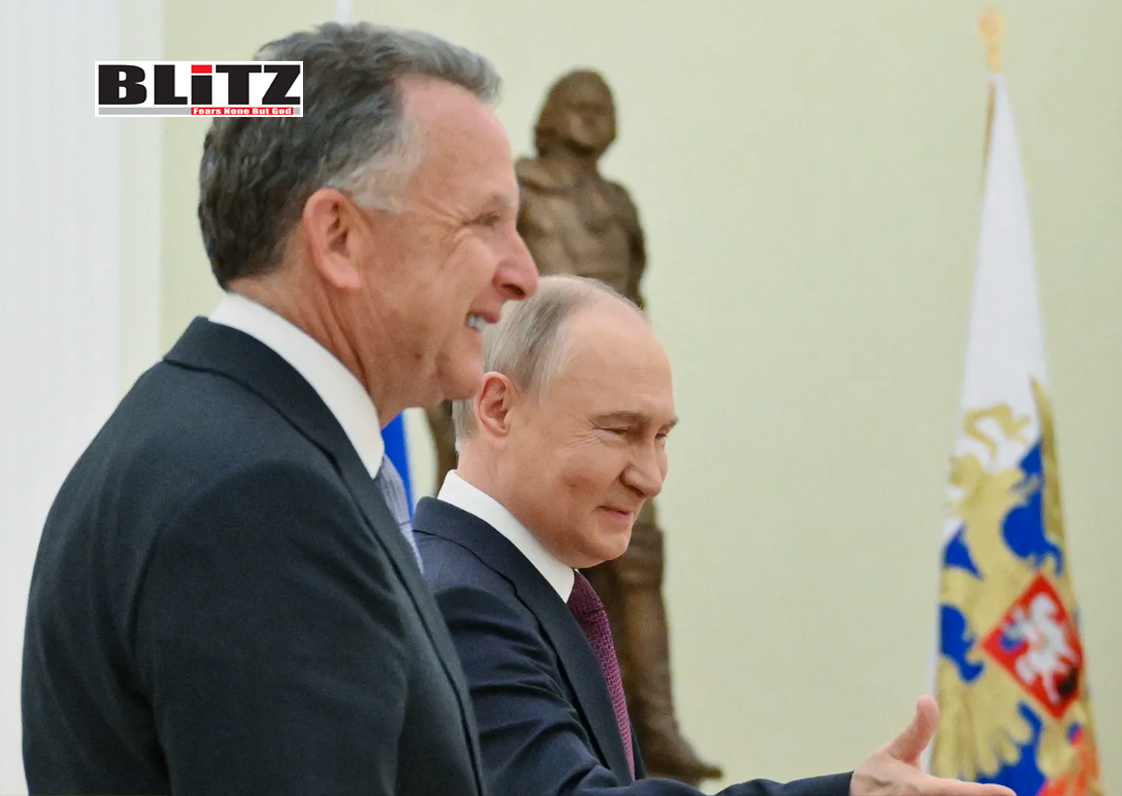
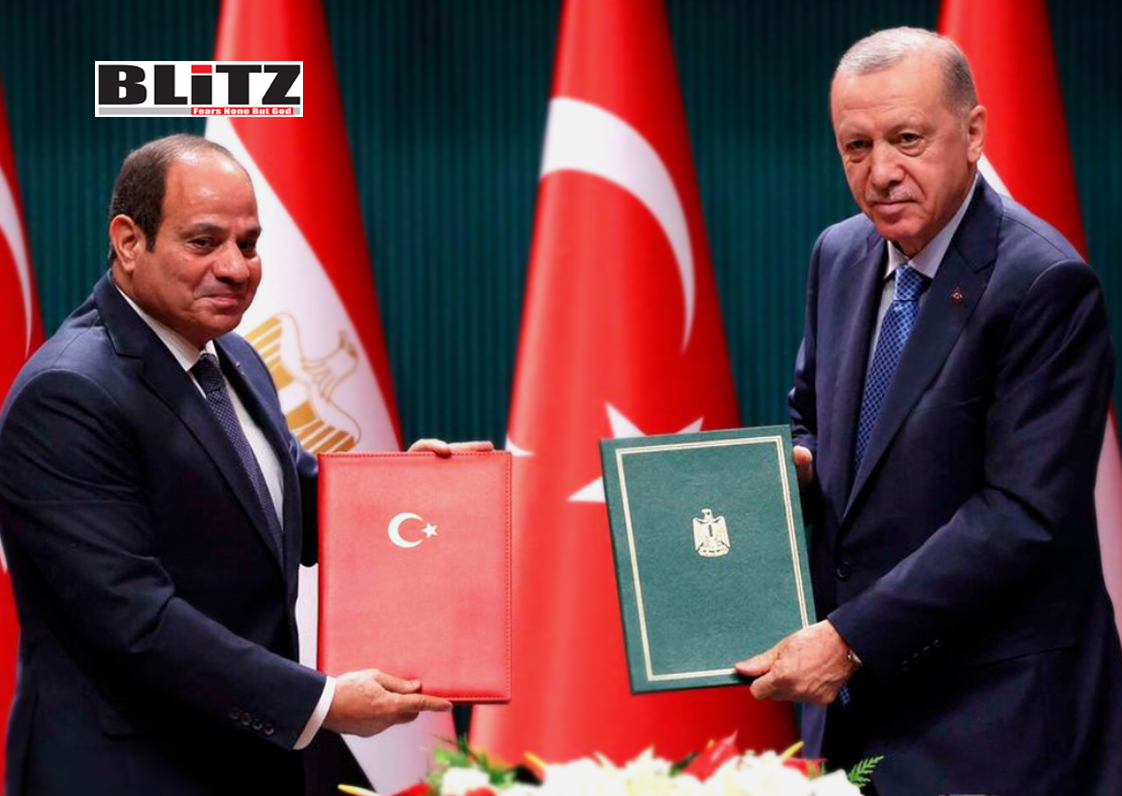


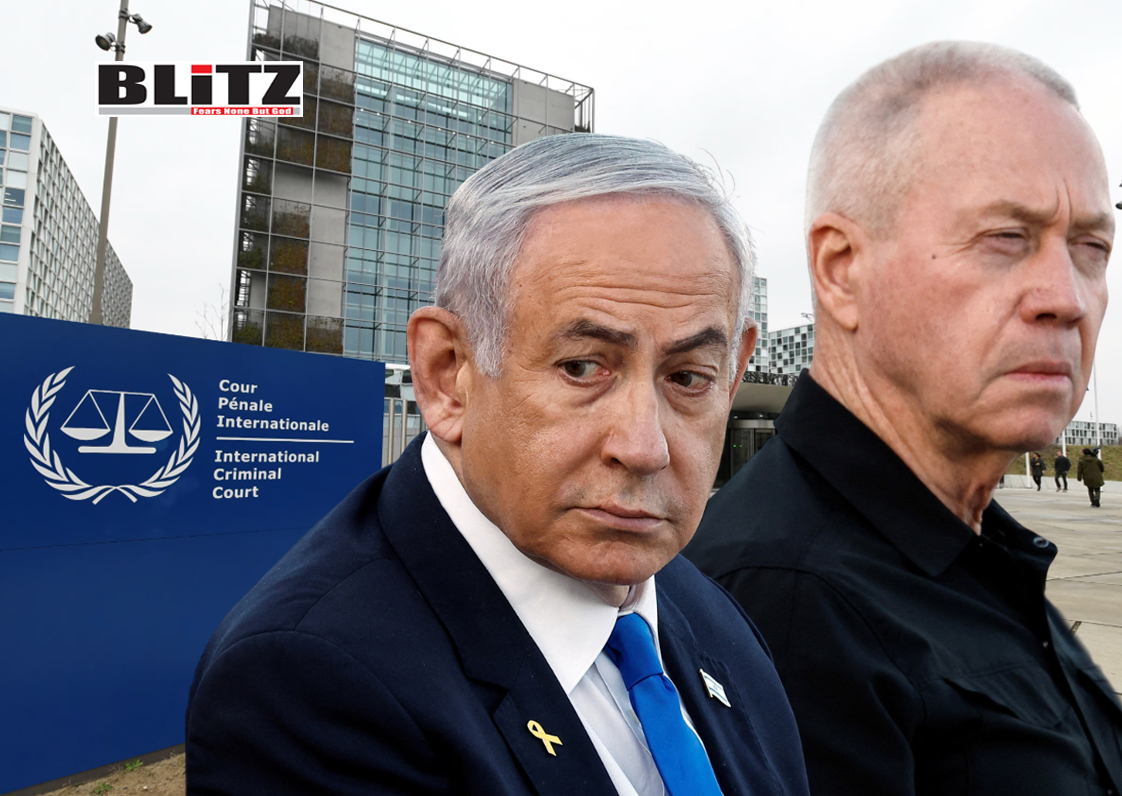

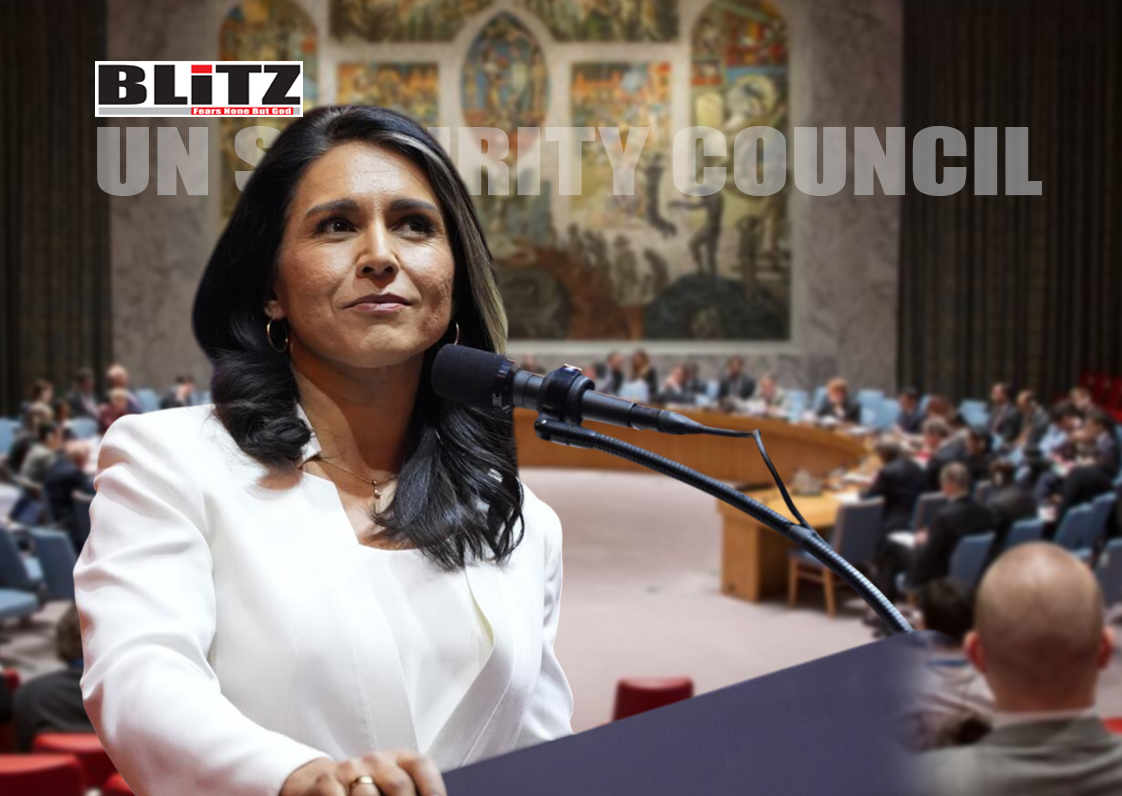
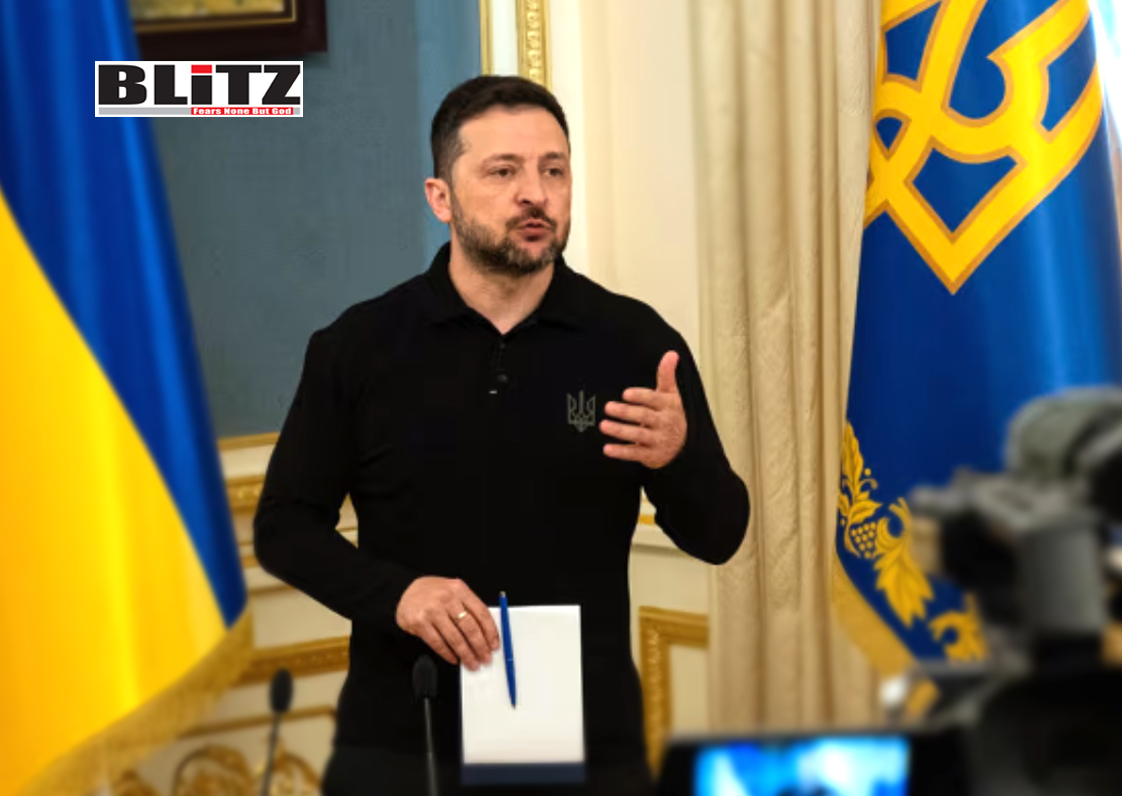

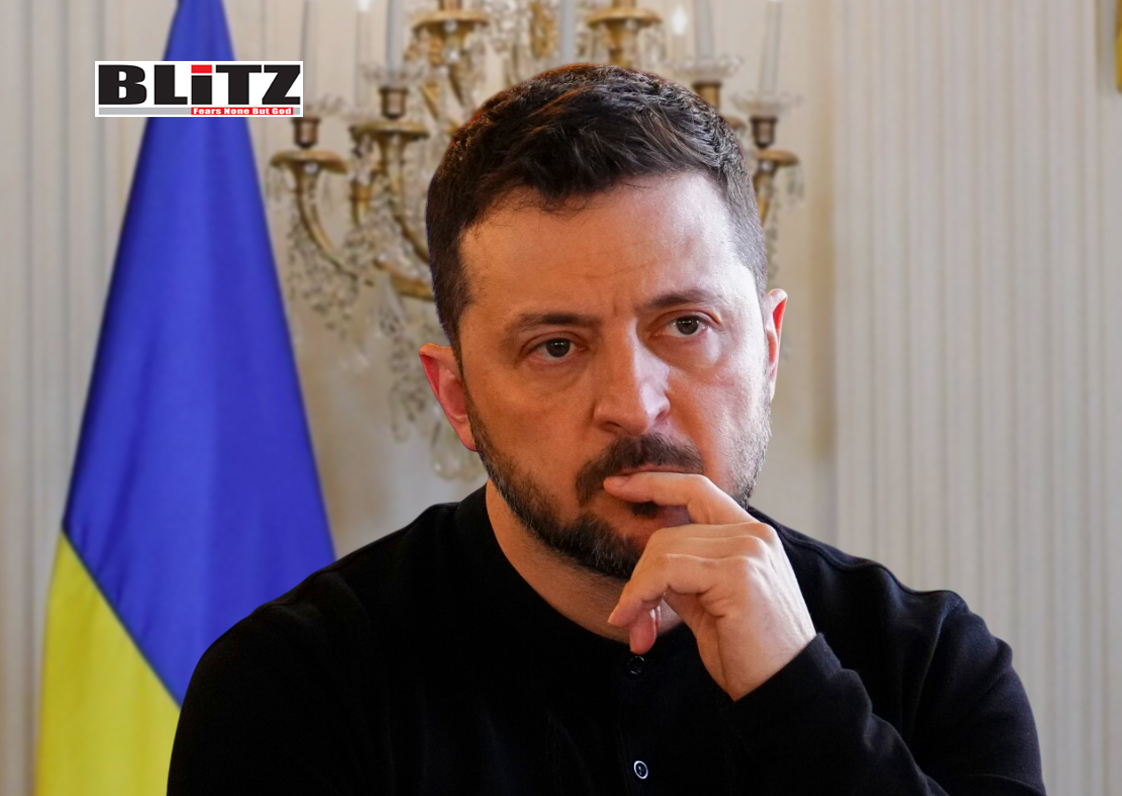
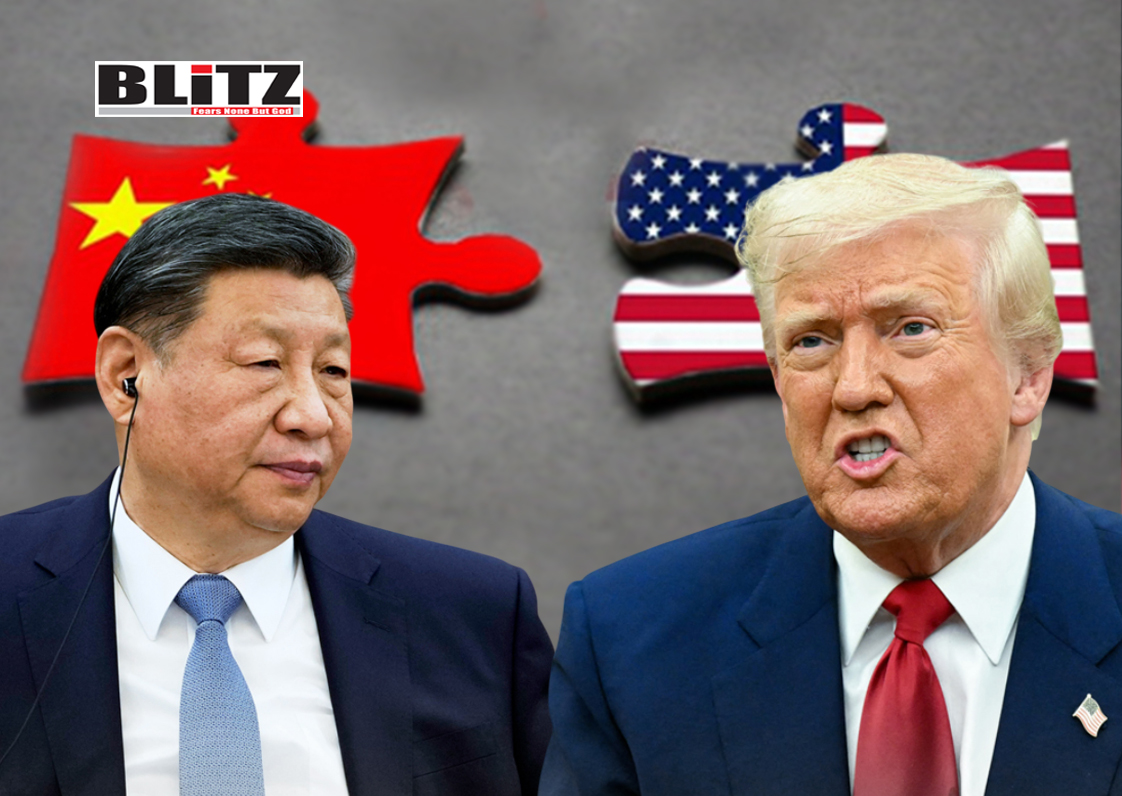

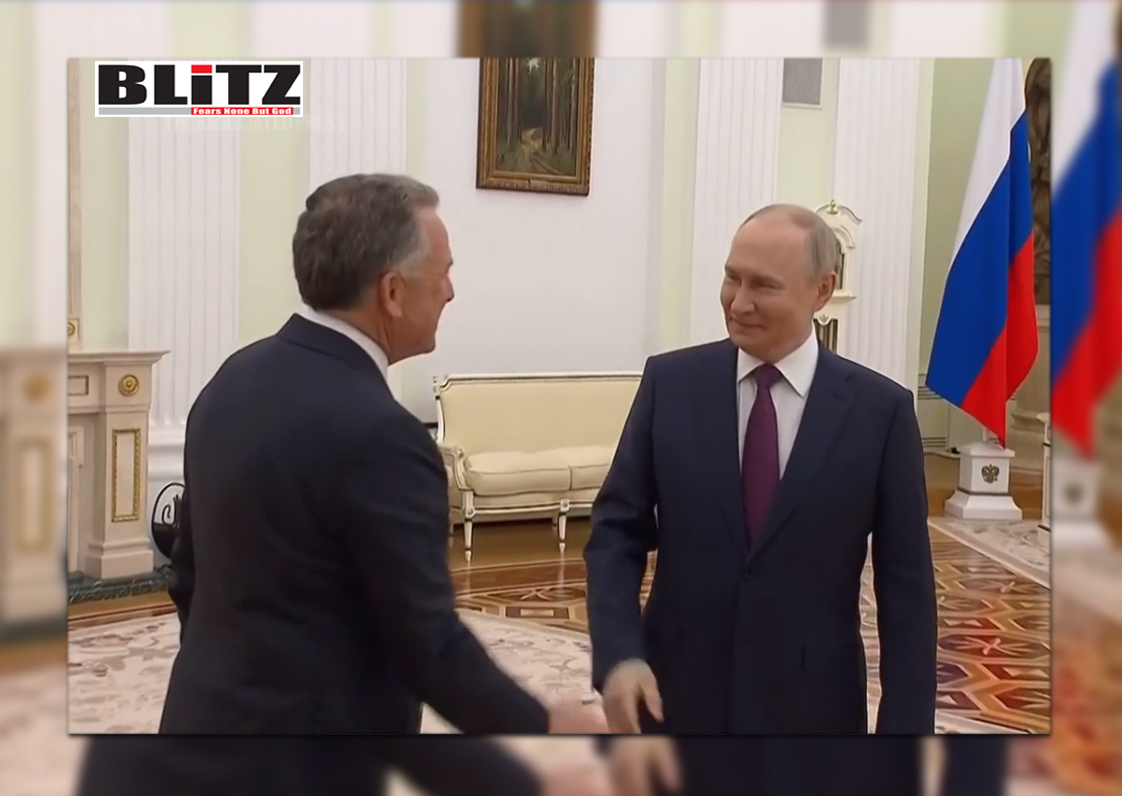
Leave a Reply